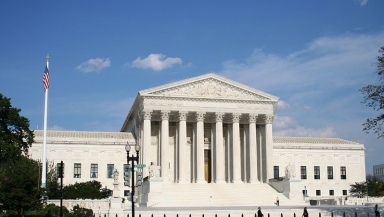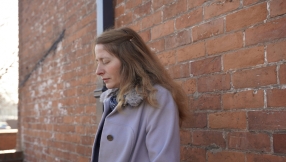
A small Arizona church appears to be in a good position in its legal fight against the city of Gilbert over its promotional signs.
Good News Community Church appealed its case to the Supreme Court, and preliminary statements from the justices indicate that they may side with Pastor Clyde Reed and his counsel, the Alliance Defending Freedom (ADF).
Pastor Reed said a 2008 town ordinance that governed where signs can be placed, the size of the signs, and how long the signs can be displayed, was discriminatory towards religious messages.
The ordinance's categories were based on content, and church signs were grouped under the "Event" category. The ADF contended that Event signs received "far worse treatment" than political signs or other types of messages.
Signs indicating the direction of an event can only be six square feet in size, and placed 12 hours before the event. Also, the signs must be taken down one hour after the event.
Non-event signs, such as political messages, can be up to 32 square feet in size, and remain in place for several months.
Justice Samuel Alito joked about the restrictions imposed upon Good News in promoting its worship services.
"We can't tell you where [the service] is because the town won't let us," he said sarcastically. "But if you drive by here tomorrow morning at a certain time, you'll see an arrow."
Justice Stephen Breyer agreed that the ordinance's rules were unusual.
"Well, my goodness," he began. "I mean... It does sound as if the town is being a little unreasonable, doesn't it?" he asked the city's attorney, Philip Savrin.
The White House's top Supreme Court lawyer, Solicitor General Donald Verrilli, said that the ordinance violated freedom of speech protections because it favoured one type of speech over another.
However, the National League of Cities said that the ordinance was legal, partly because its restrictions were the same for civic groups and all other organisations that wished to advertise in the city.
Justice Anthony Kennedy warned that a broad ruling in the case would limit local governments' ability to regulate signs and messages in their cities.
Gilbert's lawyers asked the High Court not to hear the case in part because a less restrictive ordinance was passed in 2011. The 9th US Circuit Court of Appeals ruled in the city's favor in February 2013.
Supreme Court expected to make their decision by the end of June.













